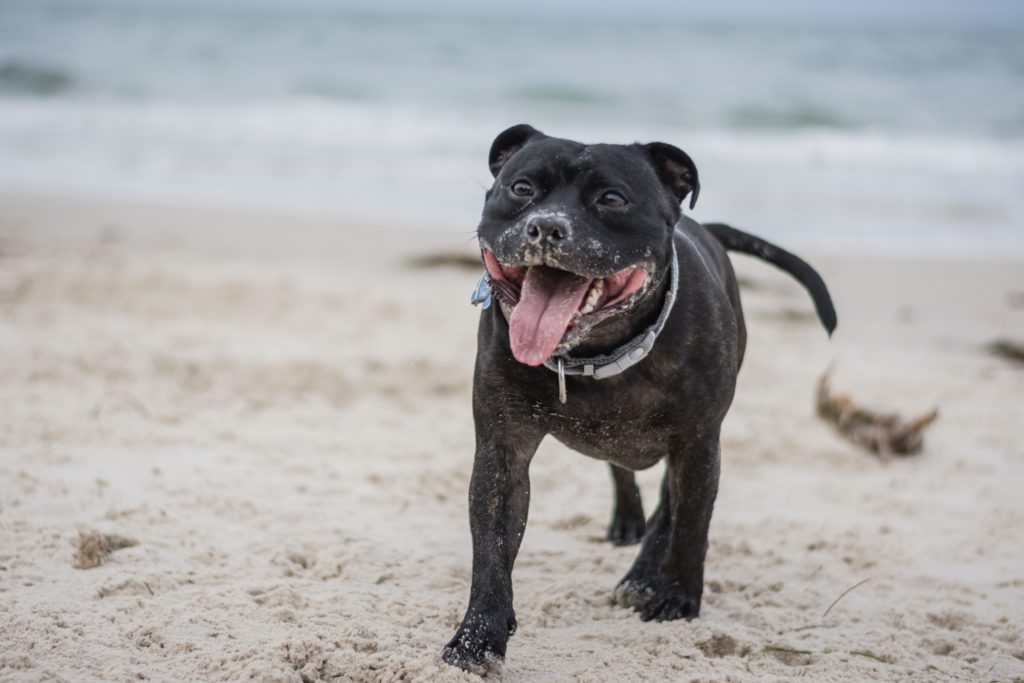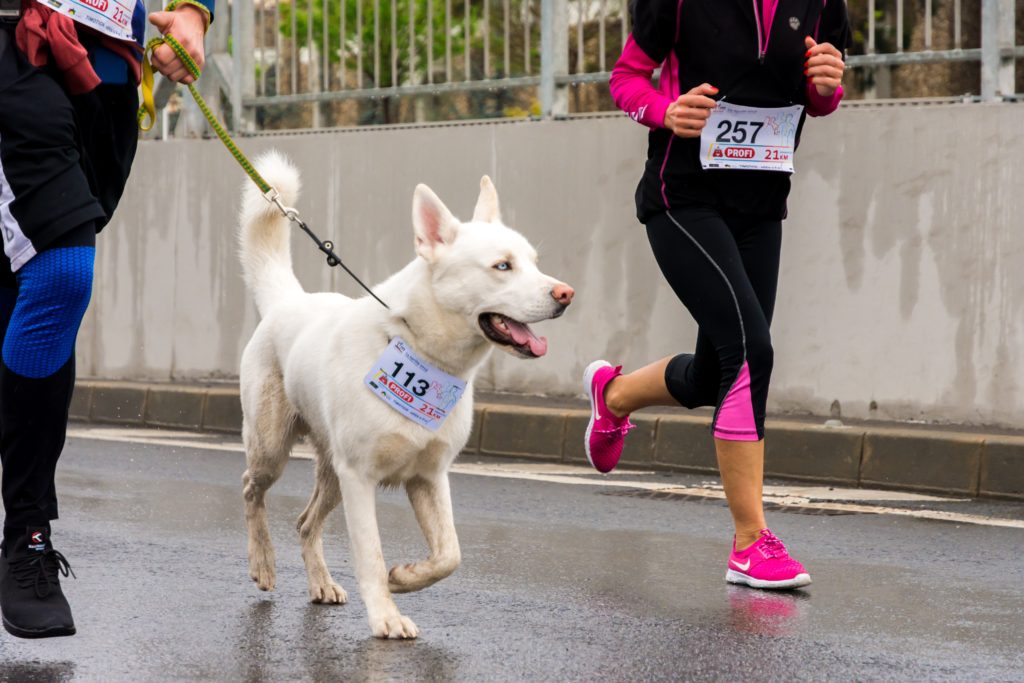5 Things To Remember If You Want To Return A Rescue Dog
Rescuing a dog is usually a rewarding and happy experience, but every year adopted dogs are returned to shelters.
While some would-be owners have legitimate reasons, a lot of the time the people who adopted the animal simply were not prepared for dog ownership and the responsibility that comes with it.
This article is not meant to shame you if you intend to return your rescued dog to a shelter, just to remind you of some important factors to consider.
1. Professional Dog Training Can Make A Huge Difference
If you’re anything like me, you want to do it all yourself. Watch a few YouTube videos, read a couple of blog posts, and you’re just as good as the best.

While that may work if you’re training a puppy (I’d still recommend professional training), attempting to train an older dog can be very difficult. Even if you’ve been putting in a lot of effort and haven’t been seeing much progress, at least give your pup a chance to make a change with a professional.
This is especially true if you really love your new dog. Sometimes an adopted dog can be amazing to have around the house – kind, goofy, friendly – but can be aggressive outside the home, leading to complaints and stress.
2. Wanting to Return a Rescue Dog is A Common Feeling
A lot of people I know have felt this way and have stuck it out through the uncomfortable period and are now inseparable.
Other friends were not able to adjust to their new rescue dog and returned the dog to the shelter.

Both decisions are valid. Sometimes a particular dog just doesn’t fit with your lifestyle and family.
And that’s ok.
Which leads to my next point.
3. Dogs Have Personality Too
If you’ve been straining and trying for a long time, or you can just TELL that this won’t work… sometimes it is just better for you and the animal to part ways quickly.
But sometimes that difference in personality can be what motivates you to change something about yourself.
Maybe your dog needs more exercise? Maybe you do too. Running together can build a great bond – and a great lifestyle.

If there is nothing that you enjoy about having the dog around – it may be best to not fight against nature and the personality of the dog.
Let the rescue dog have another chance at another home.
Please try to get a good friend who you trust and know likes dogs to take the dog though. Taking them back to shelters should be a last resort (never give your dog to a stranger – even if they pay).
4. Keep A Doggy Diary
Keep track of all the things that make you happy about the dog. These things are often intangible and easily forgettable if you don’t consciously write them down.
Maybe it’s the way your pup nudges your hand to make sure he gets his daily pats or the way she looks back at you when you stop giving her scratches.
Anything that makes you smile the way that only a dog can. Take note.
With the good.. comes the bad. Or you wouldn’t be here.

Do the same exercise for all the negative behaviours that you don’t want.
Write down possible solutions and ideas. If one idea doesn’t work, you can move on to another.
Weigh the positives and negatives and make an informed decision. And do your best – to yourself and the dog.
5. Sometimes It’s Not Meant To Be
As we covered in point 3, sometimes a dog’s personality just doesn’t mesh with you or your family. And that’s ok.
As long as you’ve put some effort in to make adjustments, as is your responsibility as a rescuer, you have nothing to feel bad about.
Just like a bad roommate, some dogs are just better suited to different people.



